Organic growing
Respect for nature and its cycles, as well as the belief that only from this admiration can we make great cava, has been a constant throughout the history of Juvé & Camps.
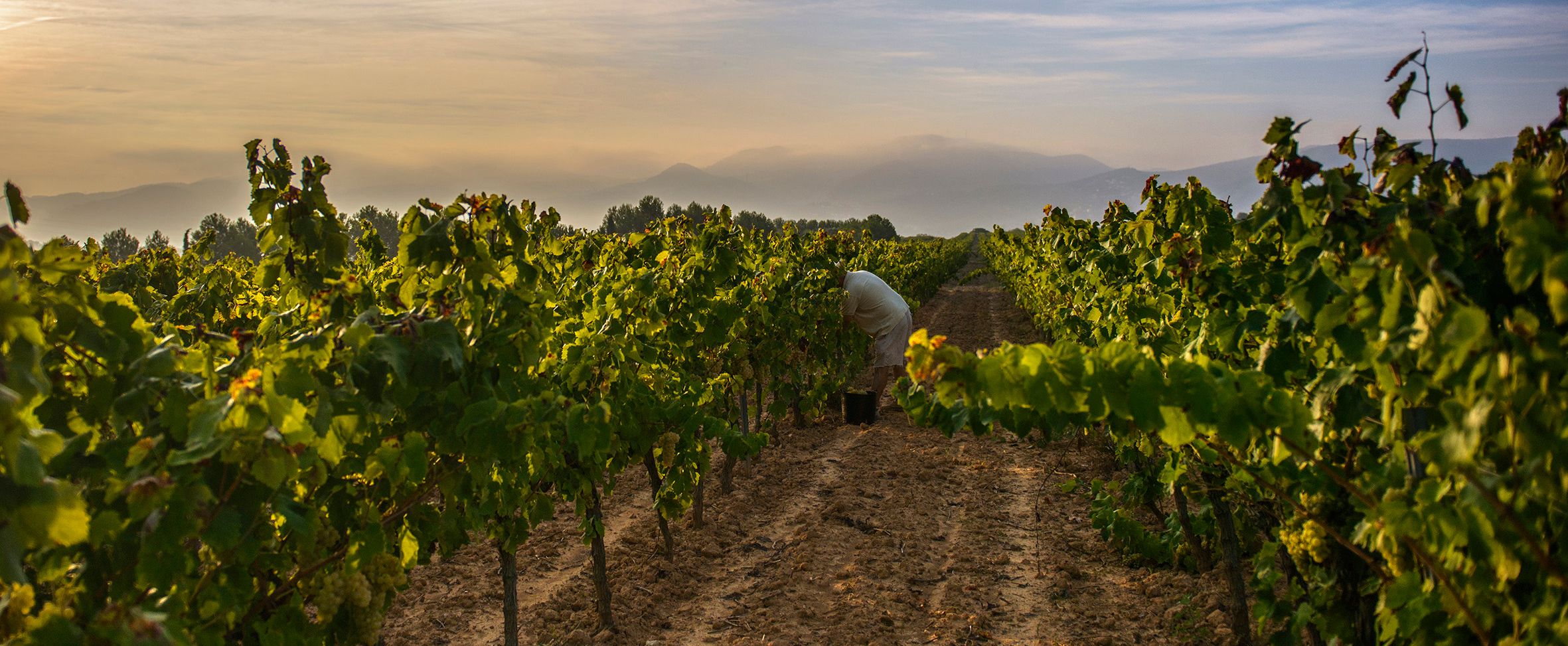
It can be seen today in our organic vineyards, where grapes are grown in a way that respects their surroundings and the environment, and in our low-yield grape-growing practices, aimed at obtaining the best quality in the most natural way. Conscious, consistent growing that considers the vines as part of the surrounding landscape and wine, the expression of its ecosystem.
In 2015, Juvé & Camps was granted certification for our organic winegrowing. To do so, we made the necessary changes in our agricultural processes and restructured the vineyards, eliminating any chemical insecticides and herbicides. Only authorised organic products are used to neutralise and combat the fungi that can attack the grapevines. Furthermore, fallow periods of up to 7 years let the land rest and recover. The result: healthy, balanced, top-quality grapes that allow us making premium organic cavas.


Manual harvesting
The grape harvest has arrived at Juvé & Camps. This is the moment everyone has been waiting for, time to collect the fruits of a year of dedication and care in the vineyards.
In the early morning, the grape harvesters work hard between the rows of vines, delicately handling their scissors, cutting only whole, healthy bunches. This is the first selection process. Next to them, the small baskets start to fill up. Then, the tractors set off with their haul on the short trip to the winery. A second selection awaits the grapes on the sorting table. Only perfectly ripe and healthy grapes will be accepted. Here at Juvé & Camps we believe it is very clear: quality begins in the vineyard.
Manual harvesting of the grapes is a practice that has been used at the winery since the very beginning. It is done by people who have been associated with Juvé & Camps for years, generations even. They’re part of the family. This, the most delicate task, is in their hands, and much of the quality of the wine to come depends on it. The grapes mustn’t be squashed when the bunches are put into small boxes. They must be handled carefully, not jostled, when loaded onto the trailers. In the end, after a long, hard day’s work, the satisfaction of a job well done.
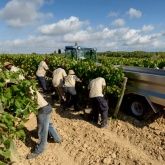
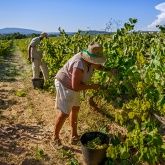

Artisanal production
Every Juvé & Camps cava is a story, a landscape, a little piece of the family’s history. That’s why we pour ourselves body and soul into making them.
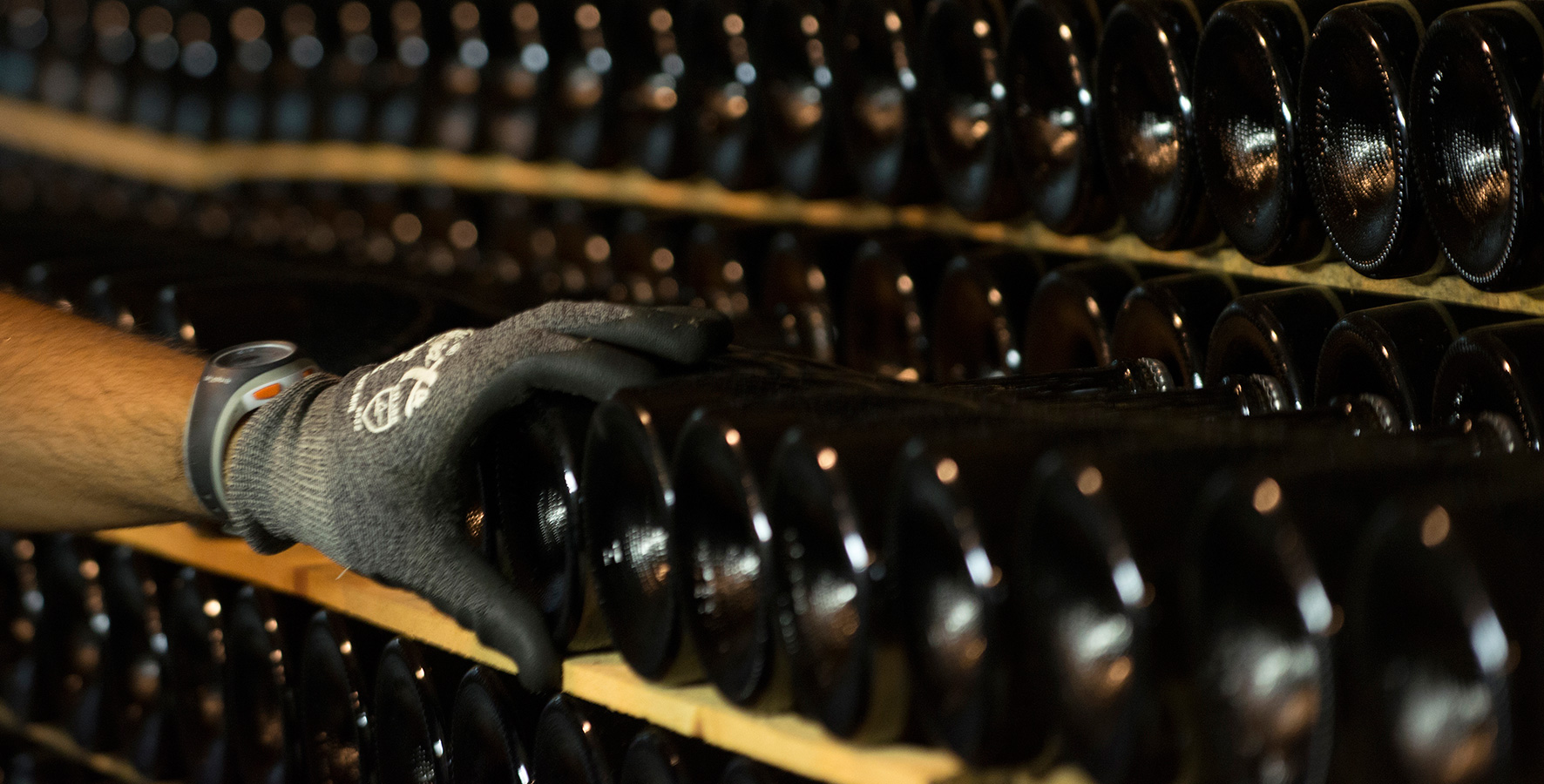
From caring for the vineyards and selecting the grapes through the winemaking process, we strive for the necessary balance between the best of winemaking tradition and the advances in oenology. But always maintaining the artisanal spirit, pride and satisfaction that comes with honest work done well, which we’ve been known for since the winery was founded. Because we want our cava and wine to tell their own story through the tasting.
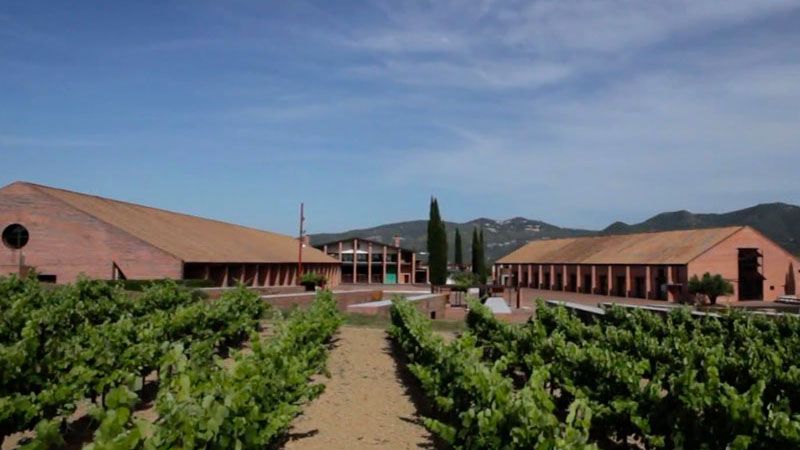

Pioneers of the Gran Reserva
Perfect integration of the carbonic gas, great complexity in the bouquet, delicate, fresh flavour that is persistent with a long finish. These are the attributes of the best cava. Something that takes time, a lot of time. The ageing of the wine on its lees after the second fermentation in the bottle is slow.
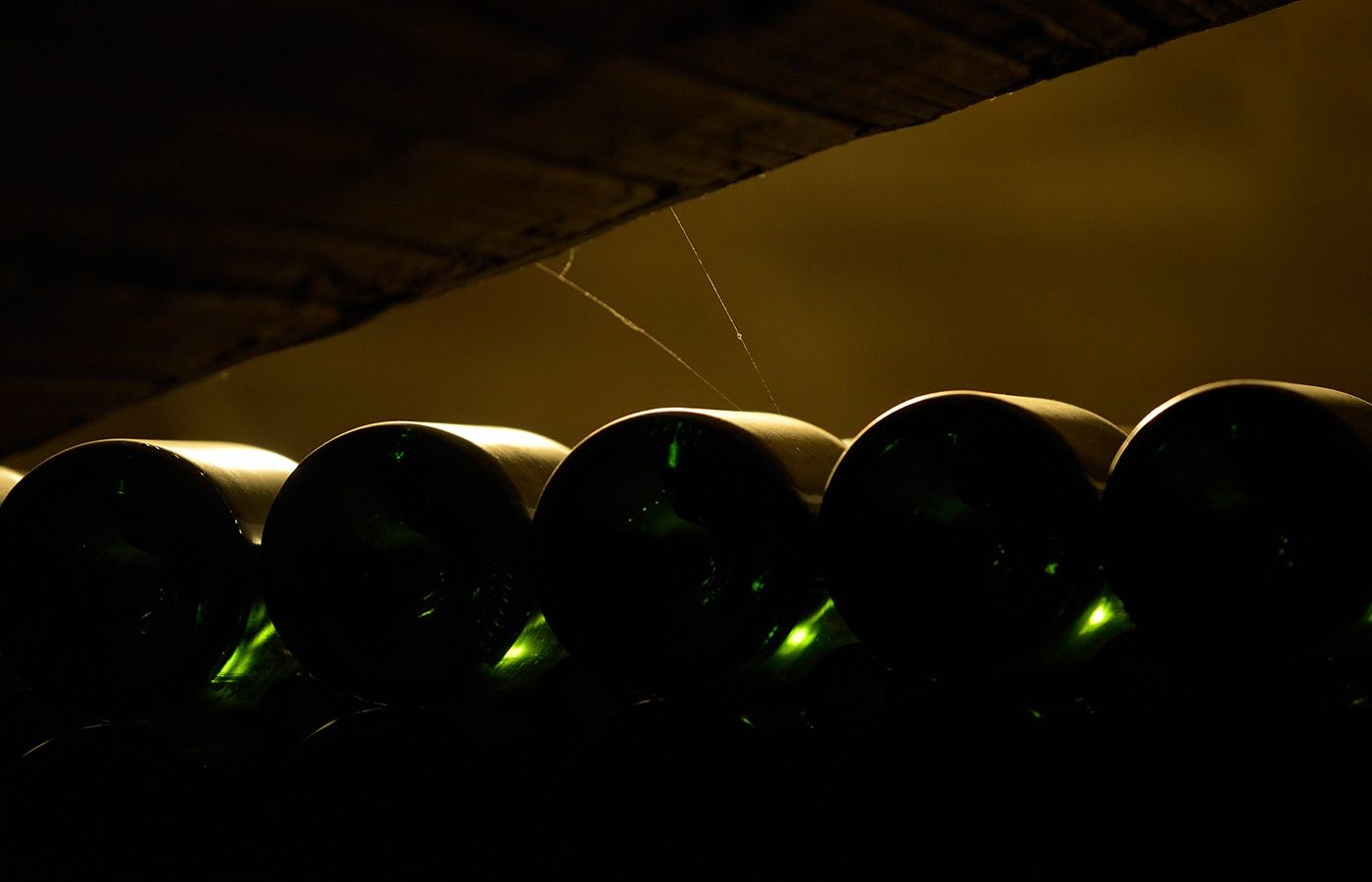
You have to start with grapes of extraordinary quality, painstakingly sorted, of both traditional varieties like macabeu, xarel·lo and parellada, as well as chardonnay and pinot noir. In 1972, Gran Juvé & Camps, our first Gran Reserva, hit the market. We began to make history. This cava would later be followed by Juvé & Camps Reserva de la Familia, the most widely sold Gran Reserva Brut Nature cava in the world, and La Capella, our Cava de Paraje Calificado, aged for 108 months, quite a milestone.
From the very beginning, Juvé & Camps Gran Reserva cava has maintained its festive character without losing the necessary complexity, creaminess and deep flavours. The DO Cava Regulatory Board currently designates cava that has been bottle-aged on racks for no less than 30 months Gran Reserva. A black seal distinguishes it from other types of cava so consumers can easily identify it. The label must also show the vintage. At Juvé & Camps started doing this more than 40 years ago.

